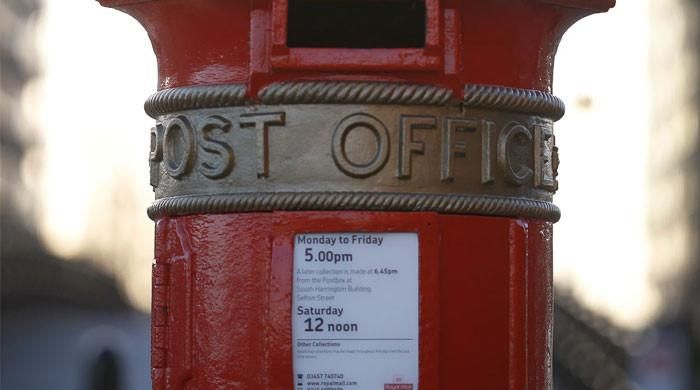The announcement aims to rectify what is considered one of the most significant injustices in the nation's history.
Following the broadcast of the television docudrama “Mr Bates vs the Post Office”, the British government, led by Prime Minister Rishi Sunak, declared its intention to overturn the convictions of hundreds of postal workers wrongly accused due to a faulty computer system.
The announcement aims to rectify what is considered one of the most significant injustices in the nation's history. Prime Minister Sunak, addressing Parliament, declared: “This is one of the biggest miscarriages of justice in our nation's history.”
He highlighted the need for justice and compensation for the victims whose lives and reputations were destroyed by the scandal. The saga began with the implementation of the Horizon IT system by Correos in 1999.
Developed by the Japanese company Fujitsu, the system caused unexplained losses to local postmasters, leading to accusations of theft and fraud. Between 2000 and 2014, around 900 postal workers were wrongly accused and some of them faced prison terms and bankruptcy.
The television docudrama, which highlighted the story of Alan Bates, a branch manager played by Toby Jones, generated widespread public support for the victims.
The program shed light on postmasters' years-long struggle to get their lives back. The government's decision to address the convictions was accelerated by public outrage fueled by the television show.
The scandal has deeply affected more than 2,000 people, with some having tragic results, including suicide attempts. The High Court in London, in a ruling three years ago, acknowledged the existence of “flaws, errors and defects” in the Horizon system.
The British government is now allocating $1.27 billion in compensation, with plans to overturn convictions and award a minimum of $763,000 to those who have been acquitted.
Compensation for those who lost money but were not convicted would start at $95,000. The legislation is designed to provide a framework for the claims assessment process.
While the government intends to hold those responsible accountable through an ongoing public investigation, questions remain about possible charges against people aware of the software problems.
Members of Parliament have called for investigations to convict those guilty of perverting the course of justice. The scandal has raised concerns about the Post Office's financial gains from money collected illegally, prompting calls for transparency over the extent of the financial impact on innocent people.












